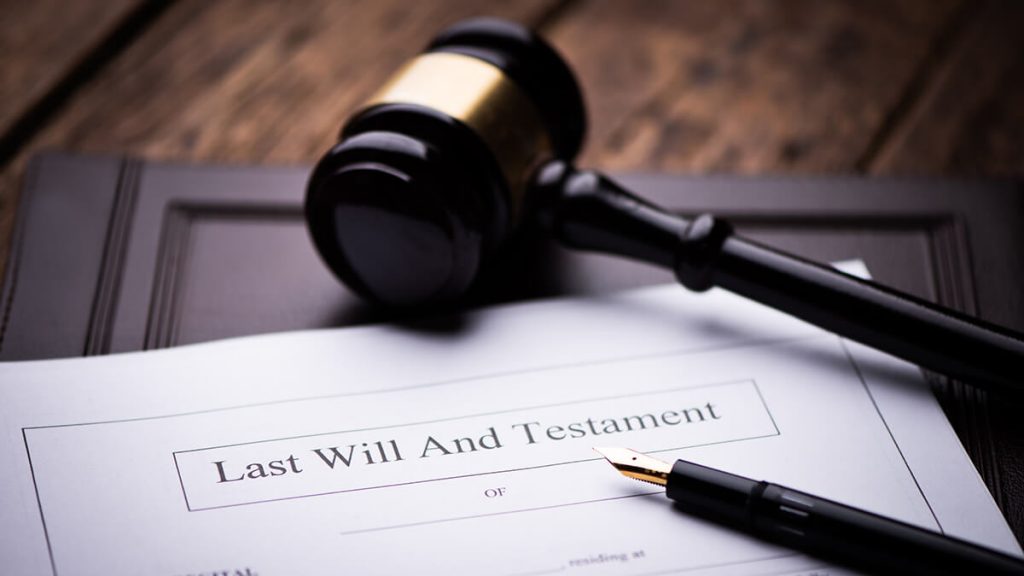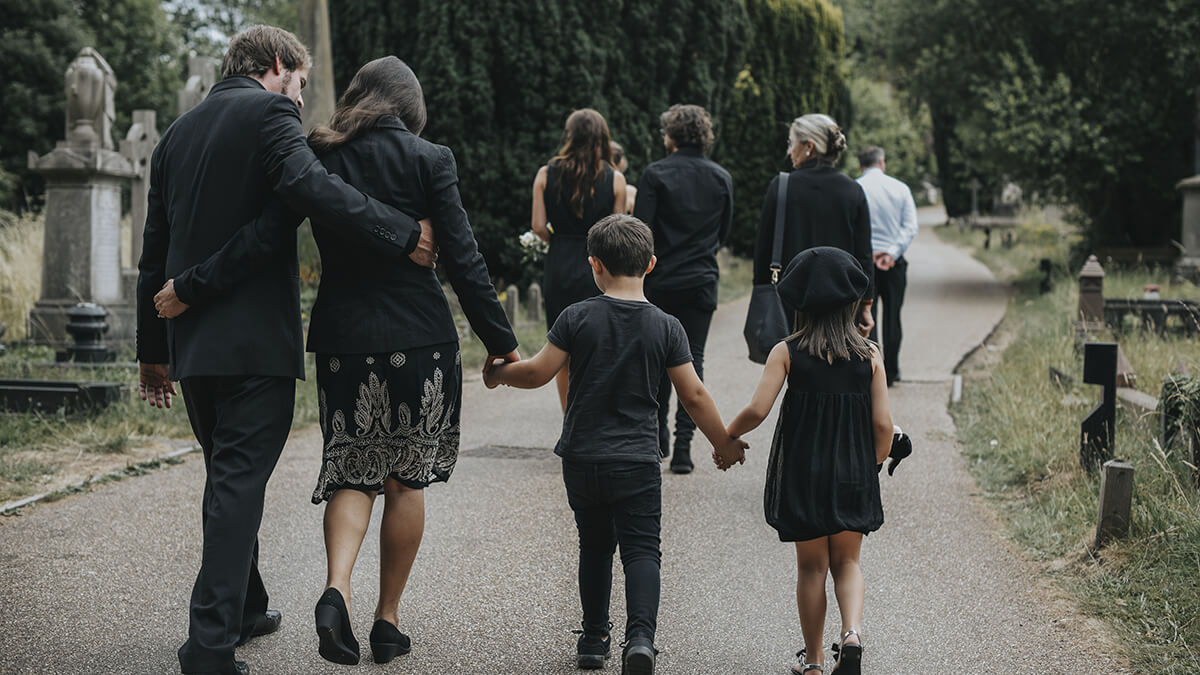Table of contents
Inheriting a house after the passing of a loved one can be overwhelming.
It’s a time you may be dealing with so many emotions, but also have to take charge with matters related to real estate.
The process is made even more complicated through the need for probate before the deceased person’s house can be sold.
And, no, having a will doesn’t necessarily mean you can sell a house without probate.
So, it’s crucial to understand how to stay within legal bounds.
That’s because if you go about selling a house without probate when you’re not authorized to, you could face legal consequences—a lawsuit brought about by other beneficiaries or, even worse, criminal charges.
This guide will ensure you’re informed regarding probate and house sales.
Compare Cash Offers from Top Home Buyers. Delivered by Your Local iBuyer Certified Specialist.
One Expert, Multiple Offers, No Obligation.
What is the probate process and when does it begin?

Probate is a formal legal process that recognizes the validity of a will and appoints an executor to distribute assets to beneficiaries.
When a will is filed, that’s a public record. Probate starts the process where the courts will oversee the carrying out of the will.
Unless the state has adopted the uniform probate code, the specifics of probate can vary from state to state.
Dennis Brislawn, a Washington-based probate lawyer who also practices in Oregon and Alaska, says that even timelines for paying creditors, taxes, and beneficiaries can differ vastly by state.
Can you sell a house without probate? That’s the main question people ask.
Unfortunately, selling a house without probate is usually not allowed. Unless, of course, the deceased person took measures to avoid it. More on this below.
So, when does probate begin?
Probate officially begins when the will is submitted (along with a death certificate and a petition form) to the county court where the deceased lived or owned property.
Depending on the state, your window to file a will with the court is between 1 – 3 months after death.
Remember, failure to file a will in your possession can be subject to a lawsuit by anyone claiming to be financially hurt by this action.
The other question that’s often asked is: can I sell a house before probate is granted? This is a legitimate concern because of how long the probate process can take—anywhere between 2 months and many years. We’ll cover more about this later as well.
The next step is for an executor to be appointed. It’ll either be in the will, a family member, or a neutral third party. The deceased person’s debts will be cleared and property distributed.
Finally, the closing phase is reached when the remaining funds are used to pay for attorneys, court fees, and distributed to beneficiaries.
Whether or not you plan to sell a house, you need probate. It’s essentially to make sure all beneficiaries get what they’re legally entitled to and to prevent fraud from occurring.
Do you need a probate lawyer?

Technically speaking, you don’t need a probate lawyer. Especially if the estate isn’t too large or contains any unusual assets, then you should be perfectly fine on your own.
But lawyers can be a huge lifesaver, helping you navigate the complexities of probate law in multiple states and tell you if you can sell a house before probate is complete.
One thing to bear in mind though is that selling a house without probate isn’t something they can help with—unless your situation does not require probate to begin with.
To figure out whether or not you need a lawyer, consider the following questions.
- Are the beneficiaries getting along well? If not, things can get messy.
- Does the estate qualify for “small estate” procedures as defined by your state? This will make probate a lot easier.
- How simple is your state’s probate procedure? Hint: the uniform probate code should make things quite straightforward.
- What kind of assets does the estate contain? Common assets like a house, bank, or brokerage accounts, vehicles, and household goods makes things simple.
- Is there enough money in the estate to pay off debts? If assets are more than liabilities, then you won’t have to work out which debts to pay.
If you decide you can manage probate without a lawyer, you’ll need to take extra steps to ensure you’re staying within legal bounds and you do not sell a house before probate is granted, because there are exceptions:
Do you need probate to sell a house if you’re a surviving spouse? No, if you’re in one of nine community property states. That’s called intestate succession.
However, the same rule doesn’t apply to a child or other relative in a community property state. It’s best to consult an expert when in doubt.
How does selling before probation work?

So far we know that unless you’re a spouse in a community property state, a deceased person’s house cannot be sold before probate.
If you’re not a spouse, you may still be wondering: can I sell a house before probate is granted in any other circumstances?
You can only sell before probate when probate isn’t required in the first place. As often, whether a deceased person’s house can be sold before probate will depend on whether they planned for it or not.
- Living Trust
If the deceased person placed the property in a living trust during their lifetime, then probate can be avoided. However, if they stated in the will that the property should be transferred to a trust at death, then it’s a bit different. - Testamentary Trust
A testamentary trust is when the deceased person’s will states that a trust should be created and the house ownership transferred to it. Only if the executor is also named as trustee, then they can sell without court approval, unless the deceased person’s instructions don’t allow it. - Jointly Held Real Estate
Joint properties with rights of survivorship generally don’t need probate as it automatically passes to the surviving owner. Though there might still be procedures such as recording death certificates. But the details will vary depending on the state. - Independent Administration of Estate Act (IAEA)
If the will says you can sell under IAEA, or you petition the court for this, you don’t have to get prior court approval to sell. You also usually don’t have to sell the house for at least 90% of its appraised value. But, you can’t buy it yourself and must inform all interested parties of the sale. - Summary Probate
In some states you can go with summary probate, a simplified procedure for real estate with limited value. These rules only help you take possession of property which the deceased has given to you. As the beneficiary, you can do anything you like with the property after you own it.
So, the answer to the question “can you sell a house without probate?” is a complex one but the answer generally is: only if probate isn’t required at all.
How does selling during probation work?
If you need a probate, you can’t sell before you have one. But, you may then be wondering: can you sell your house during probate? In many cases, executors not only can but will have to sell the house during probate.
This is especially common when there aren’t enough assets to cover liabilities. The executor will have to track down creditors to negotiate a payoff. Once debts are cleared, the rest of the money can go to beneficiaries. This process is known as abatement.
In cases where abatement isn’t required, can you sell a house before probate is complete?
The answer is yes—provided the estate’s interested parties don’t contest—the probate can take place informally. This would enable the executor to handle affairs without needing court supervision. And yes, that includes the decision to sell the house as well.
How To Sell Quickly With iBuyers

Whether you’re wondering if you can you sell a house before probate is complete or if you need to sell the house during probate, you’ll probably want to sell the house quickly and efficiently.
Rob Kittle, a Colorado-based probate real estate specialist, says in a Home Light article: “The key is to sell the home right away in order to avoid the capital gains tax”.
Selling to an iBuyer often fits the bill as it’s a quick and easy way to sell. You can find out how much your house is worth online and get an instant all-cash-offer for your home.
Especially when there are multiple beneficiaries, the last thing you want is to go through all of the little decisions you’ll need to take when selling through a traditional realtor, so the iBuyer route might be worth exploring.
Conclusion
To sum up, the answer to the commonly asked question “can a deceased person’s house be sold before probate?” is an involved one and depends on a number of conditions, the will, and your state.
In essence, it really depends on whether the deceased wanted it or not, or took steps to ensure probate isn’t required. If they didn’t, you can typically only sell a house without probate if you’re a surviving spouse in a community property state. Otherwise, you will likely have to do a probate or you could get into serious legal trouble.
Probate is about protecting the interests of the deceased and making sure beneficiaries get what they are legally entitled to.




